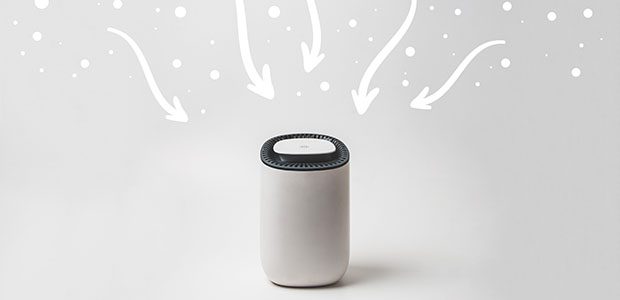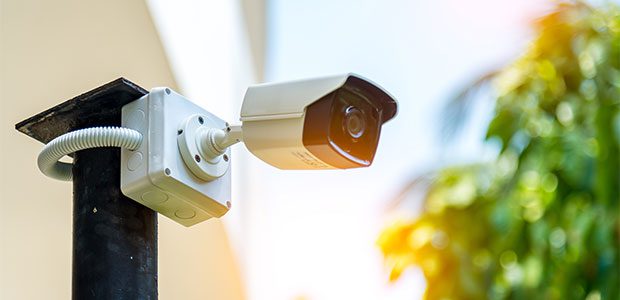How Safe is Your Home Air Quality?
For years, scientists have warned us about the poor quality of indoor air. Research over the last several years has indicated that the air within our homes and other buildings can be much more polluted than the outdoor air.
With many people spending more time indoors, and even working from home, the indoor air quality of our domicile has become increasingly important.
Many things can contribute to poor indoor air quality
- Dust and dust mites
- Bacteria, mold, and mildew
- Chemicals used for cleaning and pest control
- Smoke from cooking, fireplaces, and tobacco products
Limited exposure to these irritants can cause a variety of symptoms including headaches, dizziness, fatigue, and irritation of the eyes, nose, and throat. While prolonged exposure can lead to respiratory diseases, heart disease, and cancer.
Fortunately, there are simple steps you can take to greatly improve the quality of the air inside your home. These include using ventilation when cooking and cleaning, making sure that sources of mold and mildew are contained, and maintaining chimneys and flues.
Another easy way to improve the air quality indoors is to regularly change the filters in your air-conditioning and heating unit. These filters typically come with a recommendation for replacement at 30 or 90 day intervals depending on the quality and rating of the filter. However, most experts are saying that with more time being spent at home we should be changing 30-day filters after 20 days and 90-day filters at 60 days.
More and more families are going a step or two beyond better air filters. They are also using air purifiers or even having air scrubbers installed. Air purifiers are typically portable and can improve the air quality in one or two rooms while an air scrubber is professionally installed in your ductwork and capable of “scrubbing” the air that cycles through your air conditioning and heating system for your entire home.
In addition to taking steps to improve the air quality in your home, there are additional devices that every home should have and maintain:
Smoke Detectors
Three out of five home fire deaths resulted from fires in homes without working smoke detectors. Smoke detector failures usually result from missing, disconnected, or dead batteries. Test your smoke detectors and if they are not hardwired, this is the time to change your batteries.
Carbon Monoxide (CO) Detectors
Carbon Monoxide is a byproduct of incomplete combustion. The gas can come from a stove, water heater, furnace, fireplace, etc. Because Carbon Monoxide is odorless and tasteless, it can poison you before you even know it’s there. Even low concentrations can cause fatigue in healthy people and chest pain in people with heart disease. A Carbon Monoxide detector can sound an audible alarm, possibly saving you or a loved one.
Install an Alarm System
Consider protecting your personal property and loved ones through the installation and monitoring of a home alarm system. A study by the FBI found that a home with the security system was 15 times less likely to be burglarized. In addition to monitoring your home for break-ins, you can also add fire and carbon monoxide detection monitoring. The cost of these systems can be offset by discounts on homeowners insurance.
The more steps we take to protect our homes, neighborhoods, and community, the better off we will all be.
Remember, Phoenix police officers do a fantastic job but they can’t be everywhere all the time. That is why it is so important to know and communicate with your neighbors and to keep looking for things that are out of place in your neighborhood. You can help make Desert Ridge a safer and better place to live by starting or participating in a neighborhood block watch program.
If you’re interested in learning how to start a neighborhood block watch program, please contact the Desert Ridge Community Association office at 480-551-4553.
Steve Burns
Community Awareness Chair
Desert Ridge Community Association








